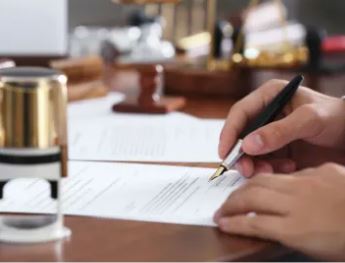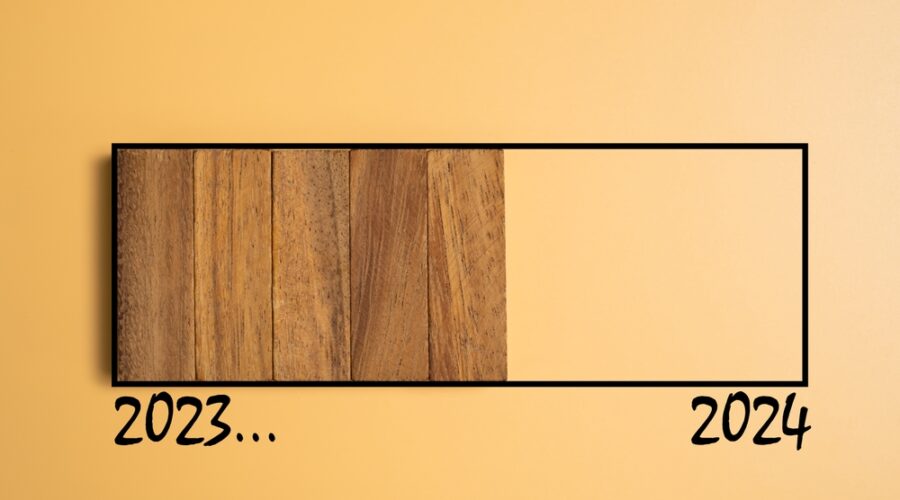
In a divorce, one of the assets that may be subject to division are retirement assets. For many individuals, the thought of having to divide this asset is painful especially when a lot of blood, sweat and tears have gone into an individual’s work over the years and the retirement assets are essentially the evidence of such hard work. Similar to other assets such as cash, property and personal property, retirement assets may be included in the overall asset pool subject to division during a divorce pursuant to Section 7 of the Matrimonial Proceedings and Property Ordinance, Cap 192 (“MPPO”).
Let us take a closer look at the division of assets in a divorce:
1. Asset Division in Hong Kong in Divorce:
In Hong Kong, the Family Court will look at several factors pursuant to Section 7 of the MPPO, Cap 192. These factors include the following:
• Income: The Court will look at each parties’ income, earning capacity, property and other financial resources which each of the parties to the marriage has or is likely to have in the foreseeable future.
• Financial Needs: The Court looks at financial needs, obligations and responsibilities that each party has or is likely to have in the foreseeable future.
• Standard of Living: The Court will consider the standard of living enjoyed by the family before the breakdown of the marriage.
• Age of the Parties: The Court looks to age of each party and also the duration of the marriage.
• Any Physical/Mental Disability: Here, the Court will look to see if there are any physical or mental disability of the parties.
• Contributions: The Court will look to the contributions made by each of the parties to the welfare of the family, including any contributions made by looking after the home or caring for the family.
• Value: Under this category, in the case of proceedings for divorce or nullity of the marriage, the Court will look at the value to either of the parties to the marriage of any benefit (for example, a pension) which, by reason of the dissolution or annulment of the marriage, that party will lose the chance of acquiring.
2. The 3 Step View to Decide Asset Division and Provision for Maintenance:
The Court in Hong Kong will look at the factors listed above pursuant to Section 7, Cap. 192 MPPO and will compute all the available assets of the parties and distribute it according to 3 key principles:
• Need
• Compensation
• Sharing
In first identifying the assets in the matrimonial pool, the Court will include assets under both parties’ names, both during the marriage and also assets one party would have acquired before the marriage. Yes, it is important to note that in Hong Kong a party’s inheritance could be included in the division of assets in a divorce. The goal of the Court is to achieve fairness in the distribution of a couple’s assets and not necessarily a 50/50 equal division. Generally speaking, the Court may also depart from equality if the marriage is a long-term marriage and the view of the Court is to assess the financial needs with a generous assessment of needs post-divorce.
In identifying the asset pool, the Court will look at the parties’ Form E which is the financial disclosure form that is filed and exchanged by the parties at the beginning of a divorce.
3. Retirement Assets:
So, the question is whether retirement assets will be included in the asset division. Yes, it will be and likely awarded to the party associated with the retirement asset. However, upon distribution of the assets, the party associated with the retirement asset will then have to make up for that payment owed to the other spouse from another source. For example, if a husband is awarded his retirement funds from his employment, he may need give the wife a larger share in the matrimonial home division to equal out the division based on the fact that he received his entire retirement asset.
It is important for you to consult with a solicitor so they can provide you with a better idea as to how the Court will handle the division of the asset pool and what you are entitled to given your own specific circumstances. Your solicitor can provide their analysis on whether the Family Court Judge will depart from equality as it is highly dependent on the facts of your case. Your solicitor can also help you come up with creative ideas as to how to approach the asset division especially if you are working towards a settlement with your former spouse.










